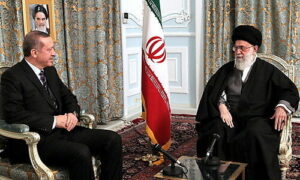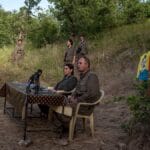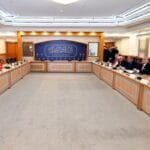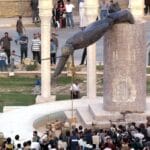
[T]he ongoing tensions between Ankara and Baghdad/Teheran show that even as the fight for Mosul city has not yet reached its expected height, the various players are already competing for supremacy in the aftermath. As of now, the Iranians have overall the better hand. Their experience in the use of proxy forces is of longer standing than that of the Turks. They are allied with the central government in Baghdad. The US and the west perceive little danger in their activities in the post nuclear deal era. The Turks, however, have demonstrated in northern Syria earlier this year a willingness to employ their own forces in bold but risky gambits on the fragmented territory of their neighbors. Iranian-Turkish and Shia-Sunni rivalry are at the heart of the struggle for power in Ninevah Province and further afield. The meaning of all this is that northern Iraq has ceased to function as a sovereign territory. Other forces – Turkish soldiers, Iranian Revolutionary Guards, Kurdish guerrillas, Shia militiamen, Sunni jihadis, are now engaged in a battle over its territory and resources.“ (Jonathan Spyer: „Battle for Power: Iran vs. Turkey in northern Iraq“)
Mehr zum Thema auf Mena Watch:
Ist der Iran gefährlicher als der Islamische Staat?
Mit der Islamischen Republik gegen den Islamischen Staat
Mossul: Schiitische Milizen drohen türkischen Soldaten
Iran will einen Korridor zum Mittelmeer erkämpfen
Bagdad droht der Türkei mit Krieg






